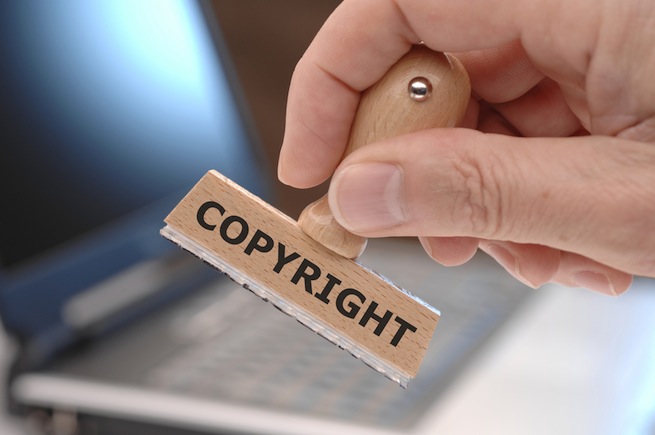
Google is rolling out a new section of its Transparency Report today that provides detailed information about copyright infringement removal requests.
“We believe that openness is crucial for the future of the Internet. When something gets in the way of the free flow of information, we believe there should be transparency around what that block might be,” Google stated in a recent blog post announcing the new section of the report.
The company first launched the Transparency Report about two years ago, which primarily focused on the number of URL or content removal requests — as well as requests for personal data of an individual — made by governments across the world.
The new section of the report details the companies and organizations that are asking Google to remove content or de-index a URL from search results on the basis of copyright infringement. In the past month, the report indicates that 1,246,854 URLs have been targeted for removal from over 24,000 domains. The top sites being listed are shady sounding domains, such as Filestube.com, 4shared.com, zippyshare.com, etc.

So, who exactly is requesting these removals? The report indicates that over 1,200 copyright owners have asked for removals (either directly, or from an organization representing them). Here’s he shocking part though.
While companies/organizations like NBCUniversal, Lionsgate, the RIAA, and BPI (the British version of RIAA) are all at the top of the list for copyright infringement URL takedown requests, none of them come close to the top company — Microsoft, with a total of 552,252 requests.
Google also says the number of requests has been increasing rapidly, and that its not unusual for the company to receive more than 250,000 requests each week. That’s more than what copyright owners asked it to remove in all of 2009.
“Fighting online piracy is very important, and we don’t want our search results to direct people to materials that violate copyright laws. So we’ve always responded to copyright removal requests that meet the standards set out in the Digital Millennium Copyright Act (DMCA),” Google states. “At the same time, we want to be transparent about the process so that users and researchers alike understand what kinds of materials have been removed from our search results and why.”
The company said it will eventually provide information about content removal requests, such as those made through its video site YouTube.
In terms of how Google goes about these copyright infringement requests is pretty reasonable at least on YouTube. Once contacted by a copyright holder, it removes the content in question and contacts the user responsible. That user can then appeal the infringement claim, and if Google hasn’t heard back from the copyright holder after a two weeks, its restored.
With its search results, it’s not as easy, but Google said it’s working hard to better identify the legitimate requests and discard all the others.
Copyright stamp photo via filmfoto /Shutterstock


